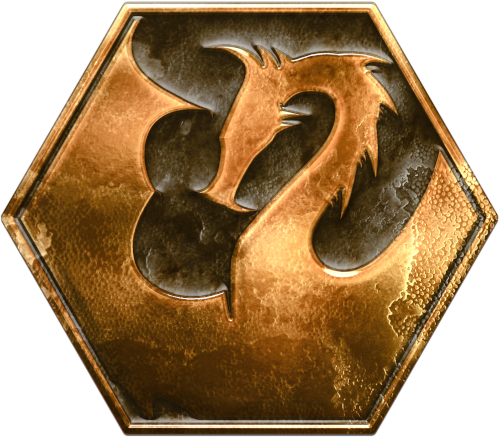Several mainstream news sites have discovered that Dungeons & Dragons now refers to a character's species instead of race. The New York Times ended 2024 with a profile on Dungeons & Dragons, with a specific focus on the 2024 Player's Handbook's changes on character creation, the in-game terminology change from race to species, and the removal of Ability Score Increases tied to a character's species. The article included quotes by Robert J. Kuntz and John Stavropoulos and also referenced Elon Musk's outrage over Jason Tondro's forward in The Making of Original Dungeons & Dragons.
The piece sparked additional commentary on a variety of sites, including Fox News and The Telegraph, most of which focused on how the changes were "woke." Around the same time, Wargamer.com published a more nuanced piece about the presentation of orcs in the 2024 Player's Handbook, although its headline noted that the changes were "doomed" because players would inevitably replace the orc's traditional role as aggressor against civilization with some other monstrous group whose motivations and sentience would need to be ignored in order for adventurers to properly bash their heads in.
[Update--the Guardian has joined in also, now.]
Generally speaking, the mainstream news pieces failed to address the non-"culture war" reasons for many of these changes - namely that Dungeons & Dragons has gradually evolved from a game that promoted a specific traditional fantasy story to a more generalized system meant to capture any kind of fantasy story. Although some campaign settings and stories certainly have and still do lean into traditional fantasy roles, the kinds that work well with Ability Score Increases tied to a character's species/race, many other D&D campaigns lean away from these aspects or ignore them entirely. From a pragmatic standpoint, uncoupling Ability Score Increases from species not only removes the problematic bioessentialism from the game, it also makes the game more marketable to a wider variety of players.
Of course, the timing of many of these pieces is a bit odd, given that the 2024 Player's Handbook came out months ago and Wizards of the Coast announced plans to make these changes back in 2022. It's likely that mainstream news is slow to pick up on these types of stories. However, it's a bit surprising that some intrepid reporter didn't discover these changes for four months given the increased pervasiveness of Dungeons & Dragons in mainstream culture.
We'll add that EN World has covered the D&D species/race terminology changes as they developed and looks forward to covering new developments and news about Dungeons & Dragons in 2025 and beyond.




